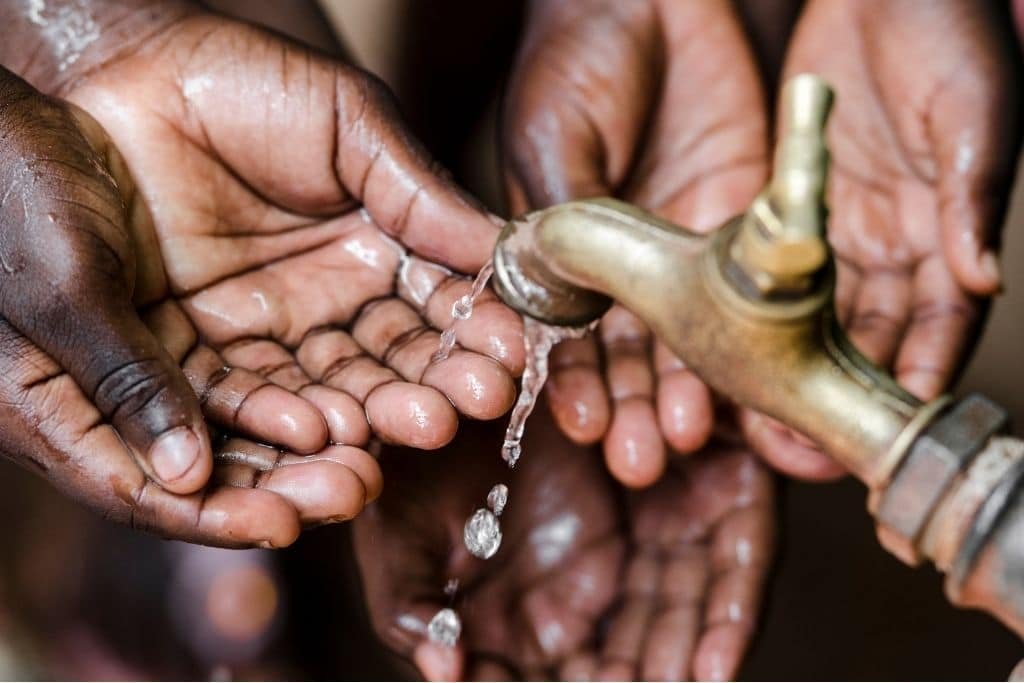The world today faces a crisis of freshwater availability and access due to a complex interplay of factors, including population growth, climate change, pollution, over-extraction, and poor water management. Here are the key reasons:
1. Population Growth and Urbanization:
Increased Demand:
- Rising Population: As the global population grows, so does the demand for freshwater for drinking, agriculture, industry, and sanitation. This puts immense pressure on existing freshwater resources.
- Urbanization: Rapid urbanization leads to higher water consumption in cities and increases the need for reliable water infrastructure. Many urban areas, especially in developing countries, struggle to keep up with the growing demand.
2. Climate Change:
Altered Hydrological Cycles:
- Changes in Precipitation Patterns: Climate change affects the distribution and intensity of rainfall, leading to more frequent and severe droughts and floods. This variability disrupts water availability and reliability.
- Melting Glaciers: In many regions, glaciers are a crucial source of freshwater. Melting glaciers due to rising temperatures reduce long-term water availability for rivers and streams that depend on glacial meltwater.
- Rising Temperatures: Higher temperatures increase evaporation rates, reducing the amount of surface water available and intensifying drought conditions.
3. Pollution and Water Quality:
Contamination:
- Industrial Waste: Discharge of untreated industrial waste into water bodies contaminates freshwater resources, making them unsafe for human consumption and agricultural use.
- Agricultural Runoff: Pesticides, fertilizers, and animal waste from agricultural activities run off into rivers and lakes, leading to nutrient pollution and eutrophication, which degrade water quality.
- Domestic Waste: Inadequate sewage treatment and disposal of household waste pollute freshwater sources, particularly in densely populated and low-income regions.
4. Over-extraction and Unsustainable Use:
Depletion of Resources:
- Groundwater Depletion: Excessive pumping of groundwater for agriculture, industry, and domestic use leads to declining water tables and depletion of aquifers. This is particularly problematic in arid and semi-arid regions.
- Surface Water Overuse: Rivers, lakes, and reservoirs are often over-extracted to meet agricultural and industrial demands, leading to reduced water flow and ecological degradation.
5. Poor Water Management and Infrastructure:
Inefficient Systems:
- Leakage and Waste: Aging and poorly maintained water infrastructure result in significant water losses through leaks and inefficient distribution systems.
- Inequitable Distribution: Inefficient water management practices often lead to unequal distribution of water, where some areas receive ample supplies while others face scarcity.
- Lack of Investment: Many regions lack the financial resources to invest in modern water infrastructure and technology, which are essential for effective water management and conservation.
6. Agricultural Practices:
High Water Use:
- Irrigation: Agriculture is the largest consumer of freshwater, accounting for about 70% of global water withdrawals. Inefficient irrigation practices lead to significant water wastage.
- Water-intensive Crops: Cultivation of water-intensive crops in unsuitable regions exacerbates water scarcity. Shifting to less water-demanding crops and improving irrigation efficiency are crucial steps.
7. Socio-political Factors:
Conflicts and Governance:
- Water Conflicts: Competition for limited water resources can lead to conflicts between different user groups, regions, and countries, further complicating water management.
- Governance Issues: Weak regulatory frameworks, corruption, and lack of political will hinder effective water management and policy implementation.
Consequences of the Freshwater Crisis:
Human Health:
- Water-borne Diseases: Poor water quality and inadequate sanitation lead to the spread of water-borne diseases, posing significant health risks, particularly in developing countries.
- Nutrition and Food Security: Water scarcity affects agricultural productivity, leading to food insecurity and malnutrition.
Economic Impacts:
- Agricultural Losses: Water shortages and poor water quality can severely impact agricultural yields, affecting the livelihoods of millions of farmers.
- Industrial Slowdowns: Industries that rely on freshwater, such as manufacturing and energy production, can face operational challenges due to water scarcity.
Environmental Degradation:
- Ecosystem Damage: Over-extraction and pollution of freshwater sources lead to the degradation of aquatic ecosystems, loss of biodiversity, and disruption of ecological balance.
- Desertification: Persistent water scarcity can contribute to desertification, turning fertile land into arid, unproductive areas.
Mitigation and Adaptation Strategies:
Water Conservation and Efficiency:
- Improved Irrigation: Adopting efficient irrigation techniques, such as drip and sprinkler systems, can reduce water wastage in agriculture.
- Leakage Reduction: Investing in modern infrastructure to reduce leakage and enhance water distribution efficiency in urban areas.
Sustainable Water Management:
- Integrated Water Resources Management (IWRM): Implementing IWRM practices that consider the entire water cycle and involve all stakeholders in decision-making processes.
- Policy and Governance: Strengthening water governance frameworks, enhancing regulatory mechanisms, and promoting transparent and accountable water management practices.
Technological Innovations:
- Desalination: Developing and expanding desalination technology to provide alternative sources of freshwater, particularly in coastal and arid regions.
- Wastewater Treatment and Reuse: Investing in advanced wastewater treatment technologies to recycle and reuse water for agricultural, industrial, and even potable purposes.
Climate Adaptation:
- Building Resilience: Enhancing the resilience of water systems to climate change through infrastructure improvements, ecosystem restoration, and disaster preparedness.
Conclusion:
The freshwater crisis is a multifaceted challenge requiring comprehensive and coordinated efforts at local, national, and global levels. Addressing this crisis involves not only improving water management and infrastructure but also adopting sustainable practices, enhancing governance, and investing in technological innovations to ensure the availability and access to clean and reliable freshwater for future generations.


